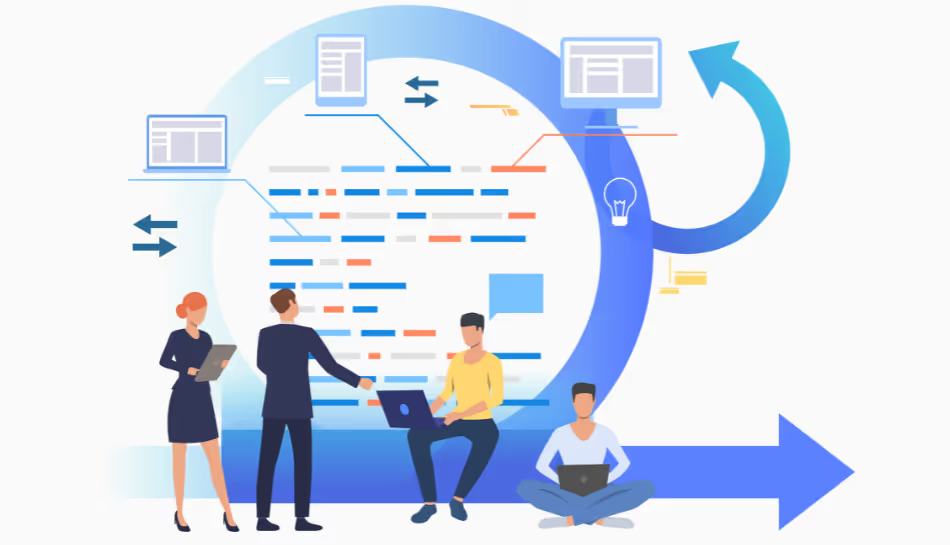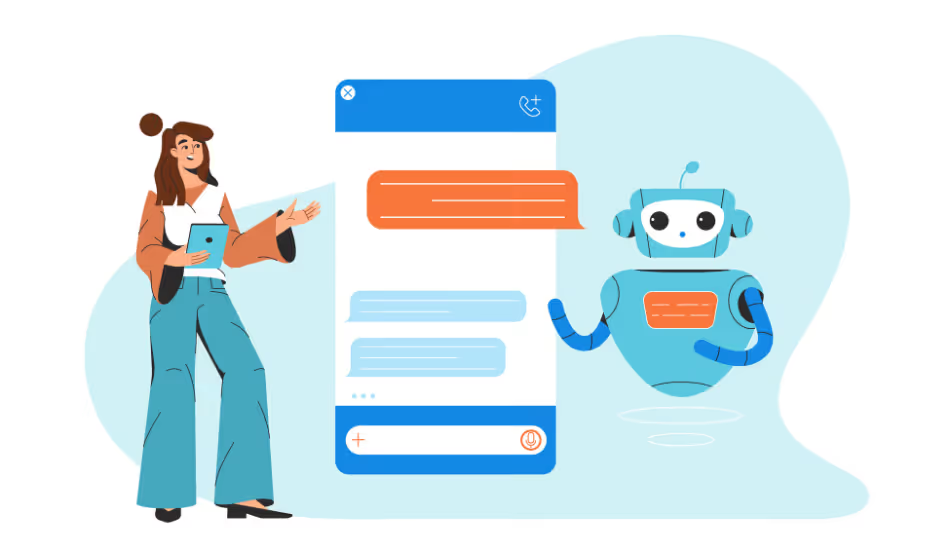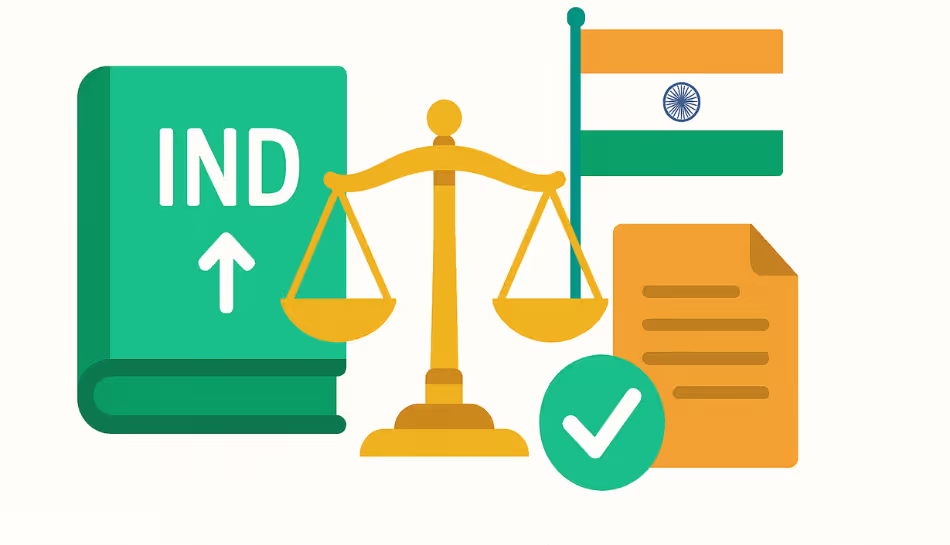
The first impression a company makes on its new hires is critical. A smooth and well-structured onboarding process sets the tone for employee satisfaction, engagement, and long-term retention. This is where employee onboarding software plays a vital role, especially when integrated with HRMS onboarding solutions.
With modern businesses relying more on automation and digital solutions, human resource management software development has evolved to include robust tools that streamline the employee onboarding process software. These tools help HR teams manage everything from document collection to orientation schedules in a seamless, organised, and efficient manner.
What Is Employee Onboarding Software?
Software for onboarding employees is a digital platform designed to automate and manage the entire onboarding journey, from offer acceptance to the employee's first few months on the job. It simplifies tasks such as paperwork, induction, training tracking, policy acknowledgements, and goal setting.
When part of a larger HR process software or HRMS (Human Resource Management System), it can be integrated with payroll, time tracking, and performance management to provide a unified employee experience.
Benefits of Employee Onboarding Software and HRMS Integration
- Streamlined Workflow
Traditional onboarding involves multiple departments, forms, and manual processes. Employee onboarding solutions centralise all tasks in a single system. This reduces errors, eliminates repetitive paperwork, and shortens onboarding timelines. - Improved Compliance
Onboarding software ensures that every legal, tax, and internal compliance requirement is automatically captured. This includes digital signatures, document storage, and task completion tracking, helping companies meet regulatory standards effortlessly. - Faster Productivity
With clear onboarding checklists and automated task assignments, employees know exactly what to do and when. This clarity accelerates integration and helps new hires become productive faster, a key objective of employee onboarding tools. - Better First-Day Experience
First impressions matter. With HRMS onboarding, new employees are welcomed with structured welcome kits, pre-scheduled meetings, and access to essential resources. This creates a positive first impression and builds a sense of belonging right from day one. - Consistency Across Teams and Locations
In growing organisations or multi-location setups, it can be hard to ensure a consistent onboarding experience. Employee onboarding process software enforces standardisation, ensuring that every new hire goes through the same high-quality process, regardless of team or location. - Seamless Integration with Other HR Functions
Modern HR process software connects onboarding with performance, benefits, learning, and payroll systems. This integration improves data accuracy and eliminates the need for duplicate entries, offering a smooth handoff from hiring to HR administration. - Personalisation and Automation
The best employee onboarding software allows HR teams to customise onboarding journeys based on role, location, or department. Automated task alerts and document prompts guide employees through each step, making onboarding feel personal yet efficient.
Essential Resources for Effective Onboarding
To maximise the benefits of employee onboarding solutions, companies should ensure their software provides access to these core resources:
- Digital Forms and E-Signatures
Speed up compliance with paperless, legally valid documentation. - Preboarding Portals
Allow new hires to complete paperwork and access resources before their first day. - Training and Orientation Modules
Include videos, guides, and quizzes for faster role familiarisation. - Welcome and Goal-Setting Templates
Give managers tools to guide new employees through expectations and timelines. - Task Management Dashboards
Help HR track what’s complete and what needs follow-up. - Feedback Mechanisms
Collect real-time feedback from new hires to improve the onboarding process continuously.
Choosing the Right Employee Onboarding Tools
When investing in onboarding tools, look for features such as automation, mobile accessibility, scalability, and integration with your existing HRMS onboarding platform. For companies building their own solutions, human resource management software development should prioritise user experience, data security, and flexibility.
Conclusion
A strong onboarding program not only improves retention but also boosts engagement and productivity. With the right employee onboarding software, companies can transform a traditionally manual process into a strategic advantage. Whether you're scaling fast or simply looking to enhance employee experiences, investing in modern employee onboarding process software is an essential step toward building a future-ready workforce.

